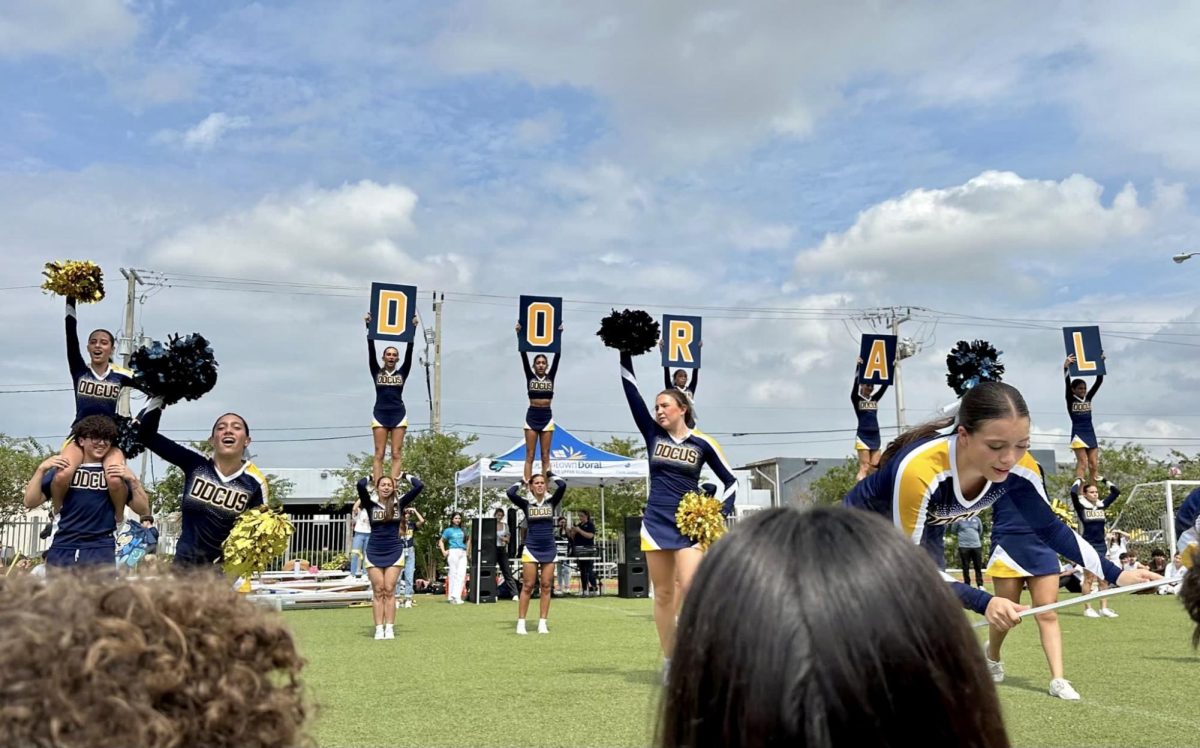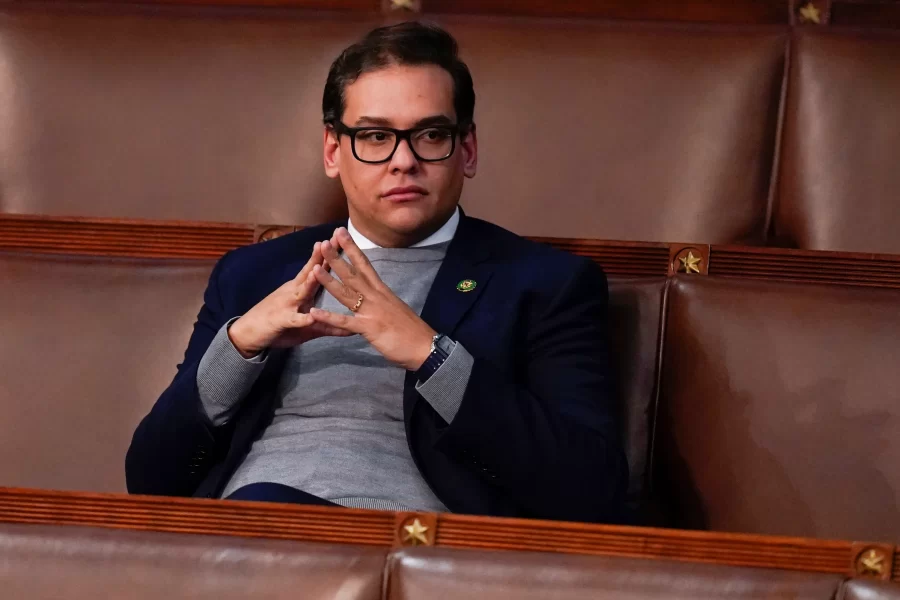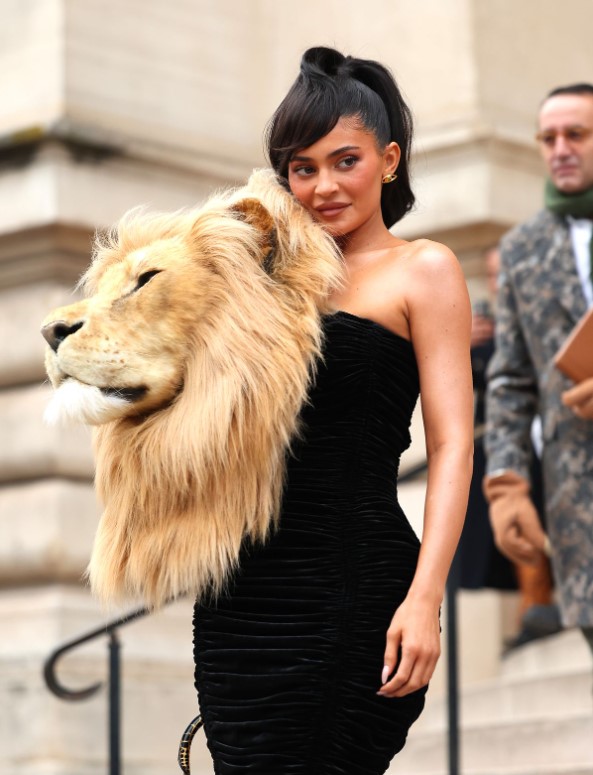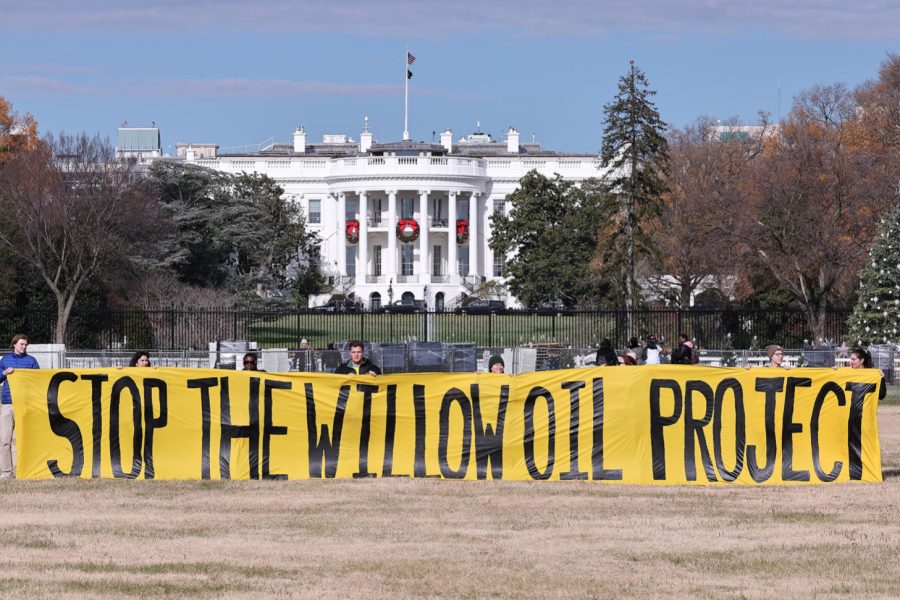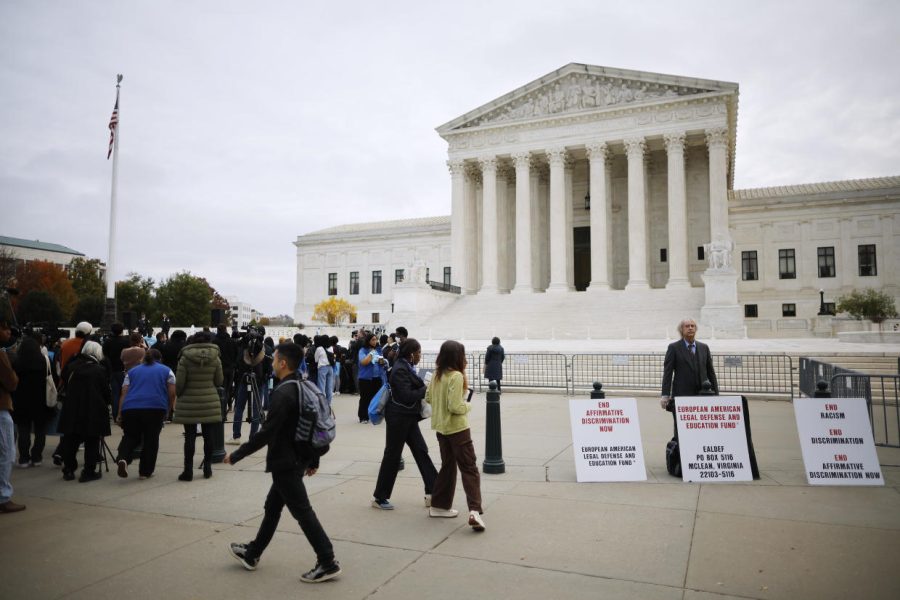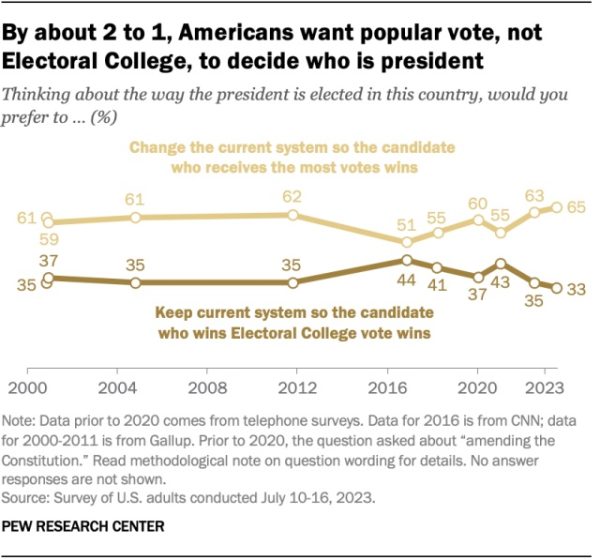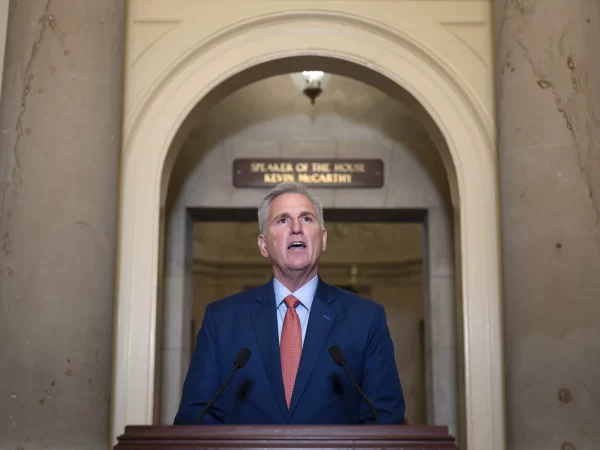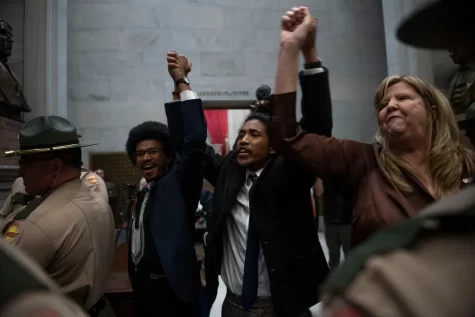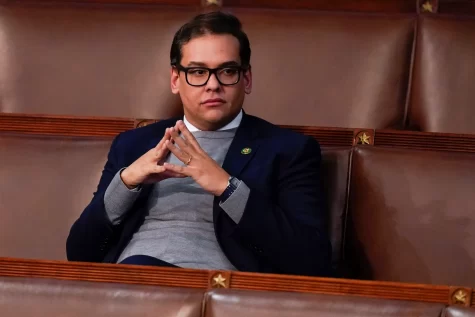Affirmative Action On Its Last Leg
Harvard and the University of North Carolina take on the Supreme Court in lawsuits against race-conscious admissions
Anti-affirmative action students stand outside the Supreme Court as the justices decide the future of university admissions
November 10, 2022
On October 31st, the Supreme Court heard two cases seeking to overturn Grutter v. Bollinger and put an end to affirmative action. Students for Fair Admissions, a conservative group headed by activist Edward Blum, claim that Harvard and the University of North Carolina (UNC) gave extra preference to Native American, Hispanic, and Black applicants. The Harvard case goes further, and the university denies accusations of discrimination against Asian American applicants.
The 2003 case Grutter v. Bollinger set the modern precedent for universities using race-conscious admissions; it says the U.S. Constitution allows for it if it isn’t the determining factor in a student’s admission.
Nearly five hours of deliberation reflected the heavy skepticism of six conservative judges weighing whether to allow affirmative action to remain as a consideration in the admissions process. Chief Justice John G. Roberts is not in favor of viewing university applicants through a racial lens. Justice Clarence Thomas asked the pro-affirmative action lawyers to specify the educational benefit of considering race in admissions. When North Carolina Solicitor General Ryan Y. Park, arguing on behalf of UNC, explained these benefits, Thomas replied, “I guess I don’t put much stock in that because I’ve heard similar arguments in favor of segregation, too.”
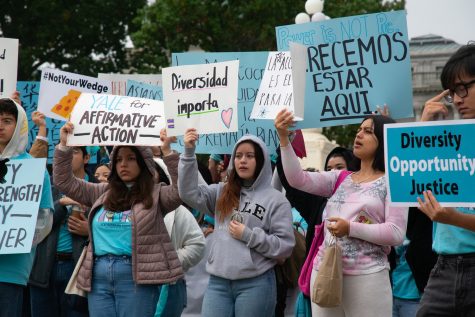
The Court’s liberal justices defended race-conscious admissions. Justice Elena Kagan and SFFA lawyer, Cameron T. Norris, argued whether affirmative action would continue being implemented if race-neutral approaches to admissions did not achieve diversity.
“When you give your race, you’re not getting any special points,” said Justice Ketanji Brown Jackson, “No one’s automatically getting in because race is used.”
While it appears that the Court will likely overturn Grutter, the final verdict is expected to arrive in the summer of 2023.




